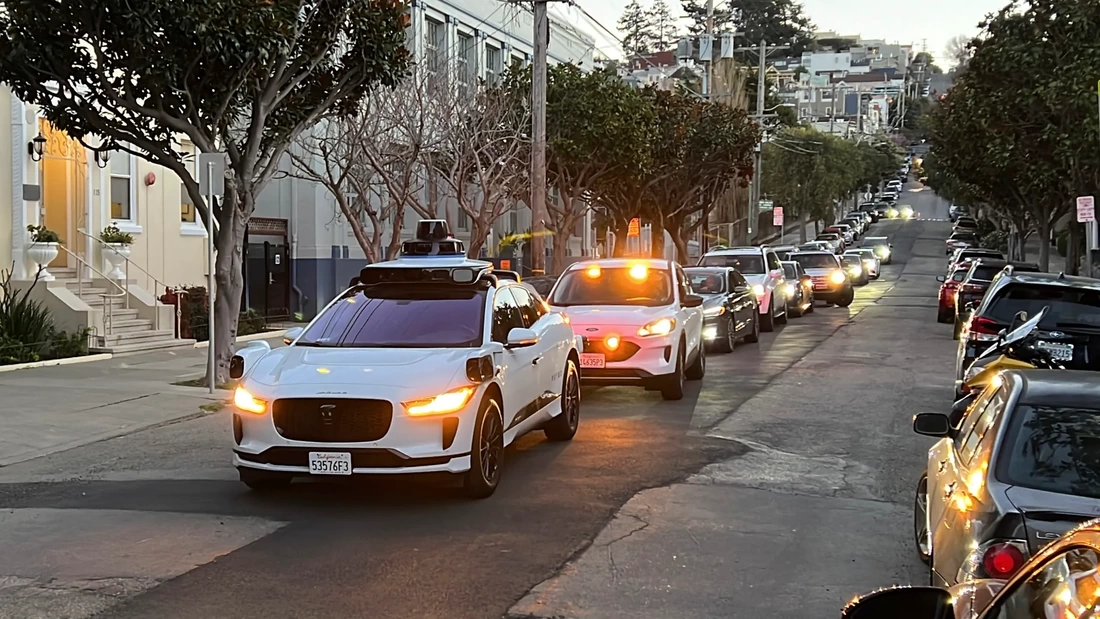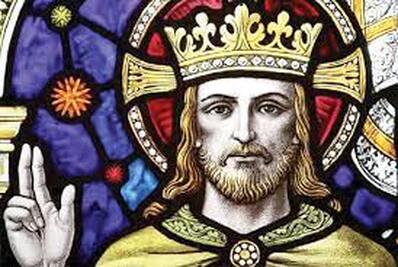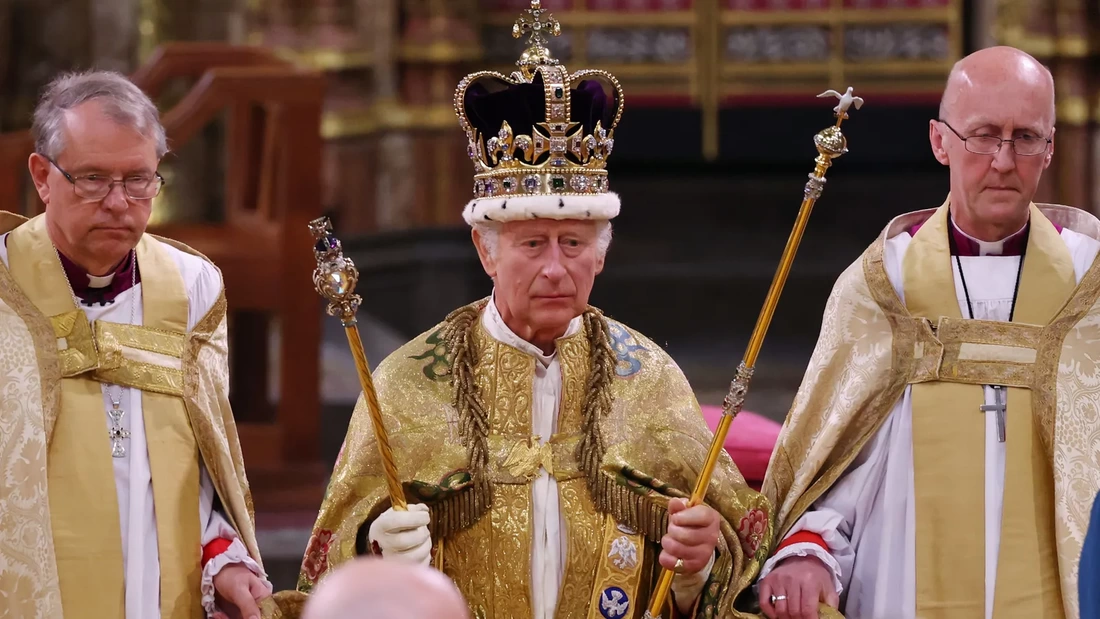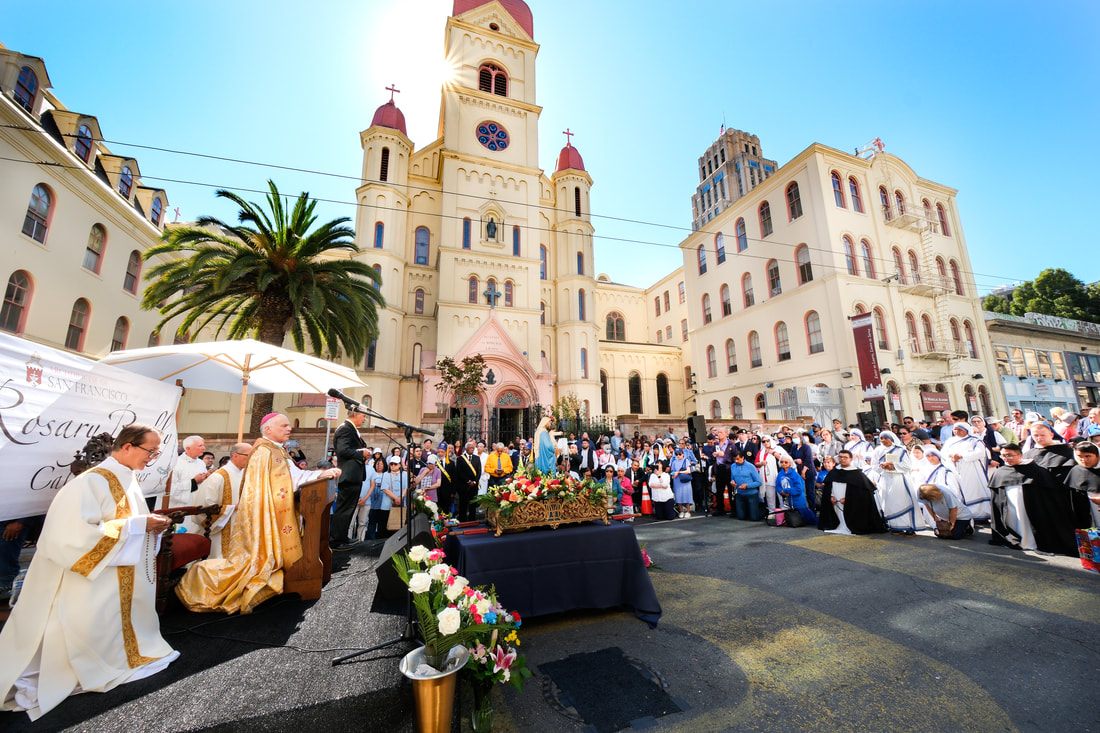Decision-making, which requires logic and personal communication, seems to be distinctively challenging these days. People don’t seem able to “choose their lane.” In a recent homily to our young adults I was urging the men, in particular, to either enter a seminary or get married. There are boatloads of women in the parish who are just waiting for a man to commit to “a lane,” but the men seem stymied by indecision. After Mass the young adults were all talking about the “choose your lane” sermon.
How do we learn how to make decisions? Here are three recommendations: First, listen carefully, and that means mostly in the silence of prayer. “In the silence of the heart God speaks,” quoth Mother Teresa, and He usually offers decisive recommendations for those who listen carefully. Second, learn the rules of logic. Gaining the capacity to distinguish what is rational and true from what is false and irrational allows one to “choose a lane” with confidence. And third, practice making decisions. Try not to be afraid of making a wrong decision, which can usually be corrected later. At this juncture, it’s more important to make a decision than to make the right decision. Practice makes perfect, as they say.
Older people, like me, grew up with much less disposable income and fewer “options.” It was easier for us to make decisions, and in any case we had to make decisions or perish. Last night I parked my motor scooter on a sidewalk as an old man walked by. He called out as I pulled my helmet off: “How many miles to the gallon?” He saw that I was a priest, and we entered into a lively conversation about everything. He is 90 years old, attended my parish school in the 1940s, and walks the steep sidewalks of his neighborhood every day to keep his balance. What a lovely conversation we had! He decided to talk to a stranger, and he knew how to do it. I suppose he’s been decisively engaging life since his boyhood, and it never gets old. I encourage all of us to cultivate decisiveness!






 RSS Feed
RSS Feed